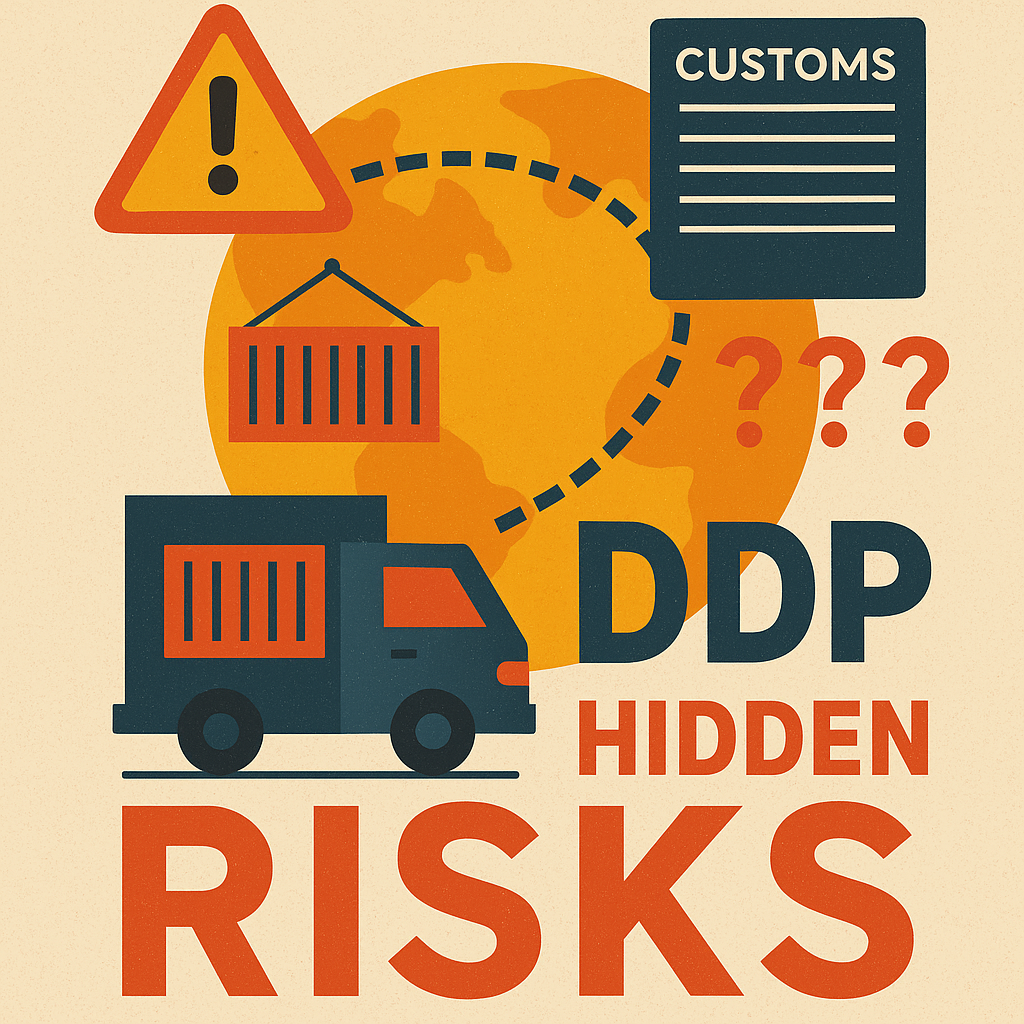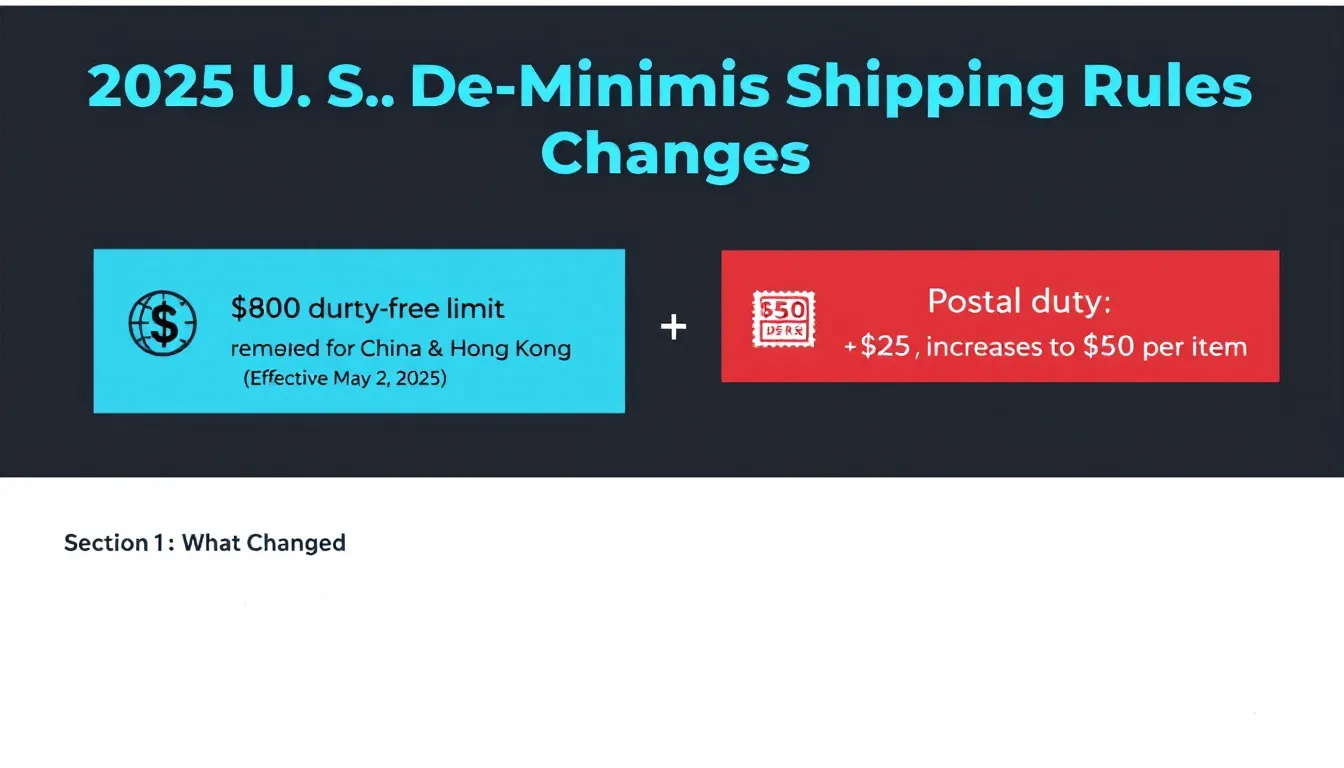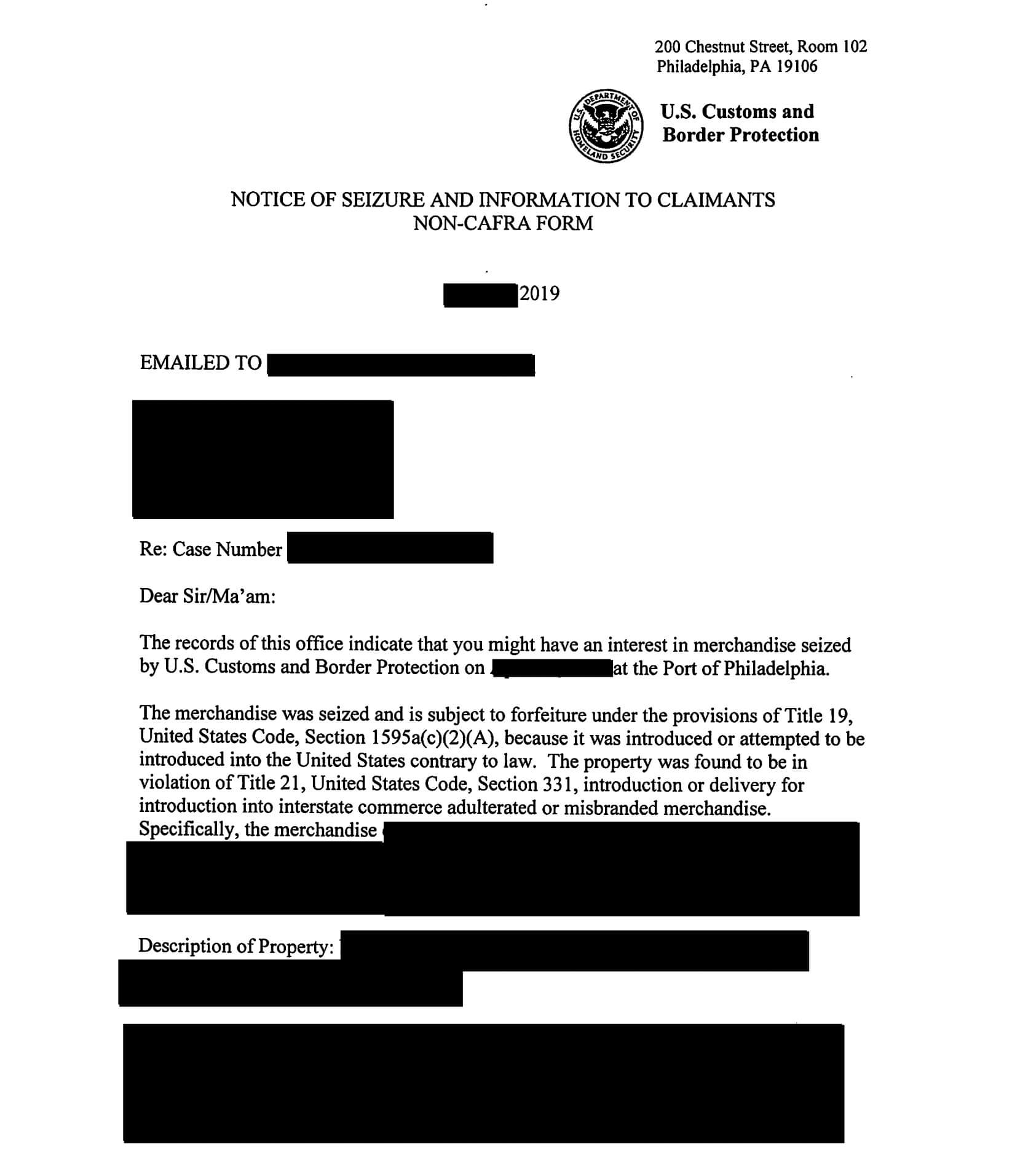Need to Know: International Business Hubs
Running a successful business in the 21st century increasingly means having access to and utilizing global markets. Despite many efforts towards nationalist economic policies throughout the years, businesses in today’s globalized economy must stay efficient and competitive on a global scale. As the world economy has grown increasingly interconnected, emerging markets have led to the development of new business hubs across the world. No longer does a business only have the option to approach Wall St. or London or Tokyo for growing their market. Today’s economy has regionalized and often highly specialized international business hubs scattered across the world. In this article we will address from of the typical qualities of some of these hubs and how they can help your business grow globally.
As cities and regions across the globe have experienced rapid economic growth, the demand for access to goods, services, and finance has exploded. Often the supply of these needed amenities for an emerging market are slower to develop than the demand. There have been several mini gold rushes for needed services providers as the global economy connects various world population centers. One of the first key qualities of an international business hub is an economically diverse and educated populous. Having an educated population allows for native and incoming businesses to have a ready made workforce to choose from as they expand. While having an economically diverse labor pool keeps labor costs low and creates a developing consumer market. Some of the top international business hubs do not have a large native workforce and have improvised by importing workers from around the world. Examples of this include Dubai and Singapore.
The next important quality for any international business hub is having a strong infrastructure. A strong infrastructure is identified by the ease of obtaining and quality of many modern comforts such as electricity, water, transportation access, and housing. These are of such importance to any global business that it is nearly certain that a city will not be considered a business hub without reliable access and high quality infrastructure. This was certainly the case with Dubai, which was started a massive infrastructure build in the mid 90’s. After vastly improving their infrastructure with new roads, commercial and residential space, air/water transportation access, and high quality telecommunications it became an extremely attractive business hub for global businesses. Poor infrastructure outlays and improvements have held back emerging business hubs in the past like Buenos Aires or Istanbul.
A business friendly culture and laws are essential to any international business hub. Often cities will amend or pass new legislation with the specific purpose of improving the business climate for attracting international businesses. One of the most recent standouts in this regard is Wellington, New Zealand. New Zealand overtook Singapore on the World Bank’s list as the best country in the world to do business. Wellington is tops in New Zealand which has benefited from a fast growing economy coupled with the country and city legislatures reducing the number of procedures to start and operate a business. In addition to reducing the paperwork burden for business owners, New Zealand has strong property rights and legal protections. Inherited from their British common law heritage.
The last important consideration for an international business hub is accessible office space. Older, established business hubs often have limited real estate availability for reasonable prices. Hong Kong, New York, and Toronto are great examples of how outrageous basic office space prices can become for large international hubs. As established business hubs expand and businesses eat up valuable real estate, the prices become out of reach for many smaller and emerging international companies. Some examples of emerging international business hubs with very accessible commercial real estate include Bali, Indonesia and Bangalore, India. Both are emerging international tech centers with affordable business space coupled with cheap labor. These metrics make them both a great place for young tech startups.
As your business expands its global presence call Reidel Law Firm today to explore way to protect your business and grow. Call Reidel Law Firm at +1(832)510-3292 or use the email button below.






